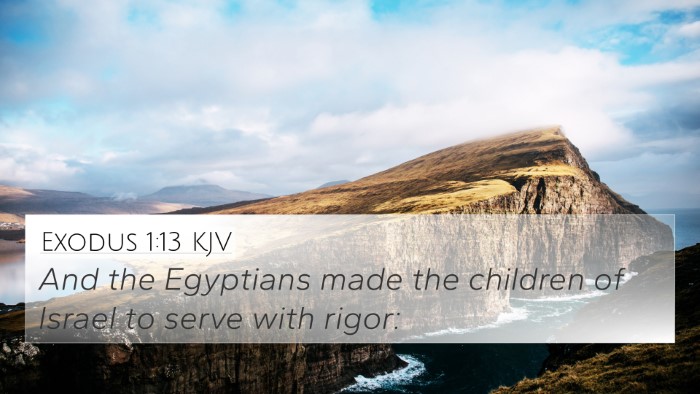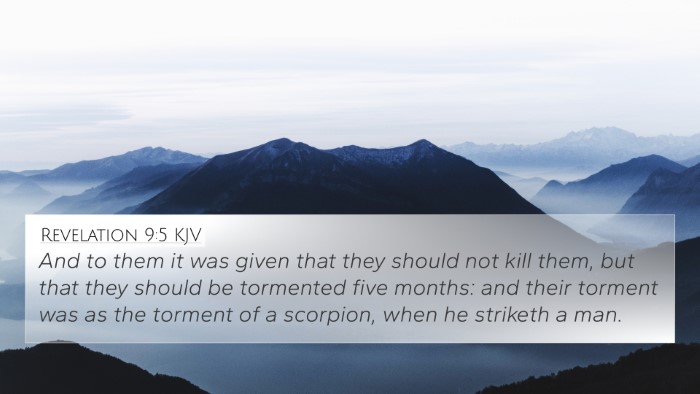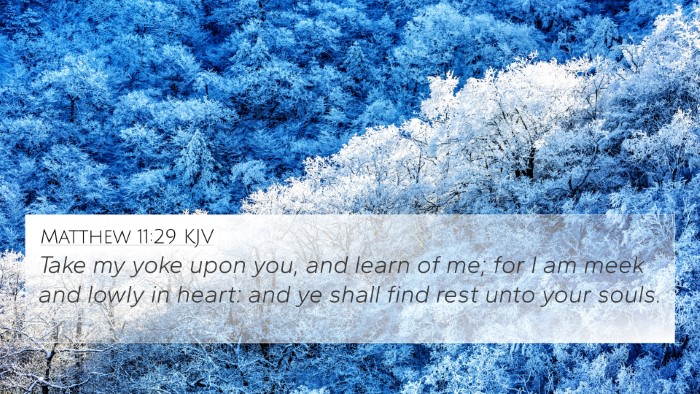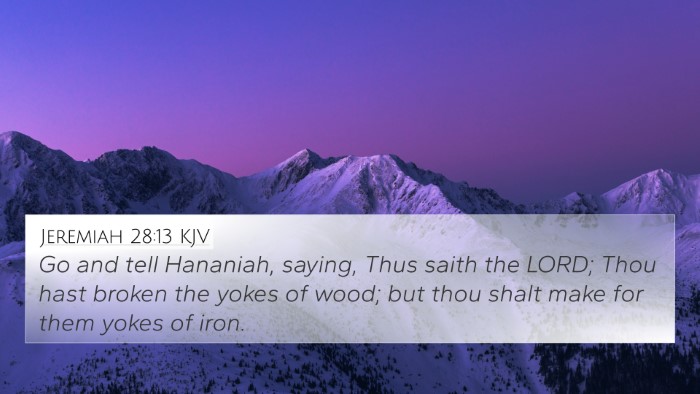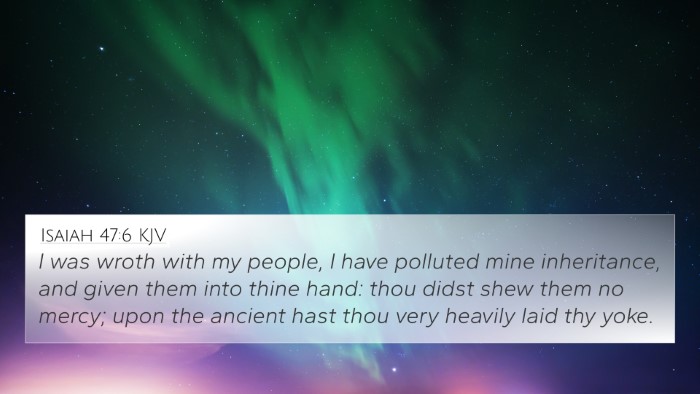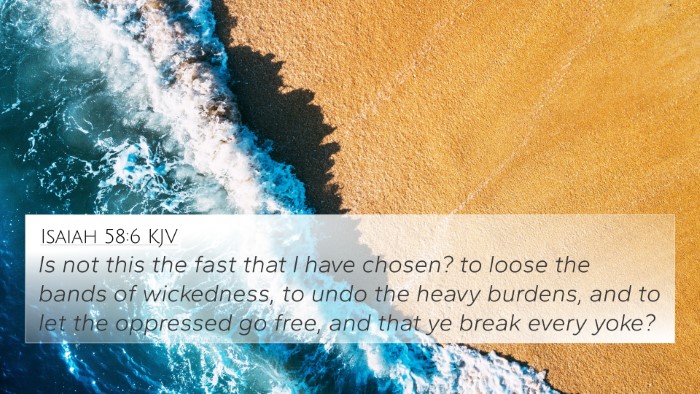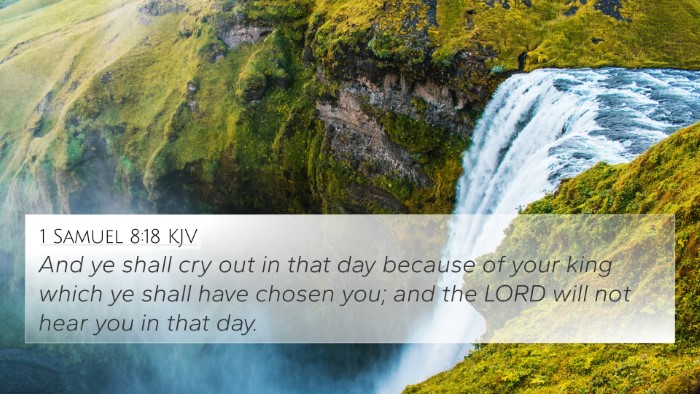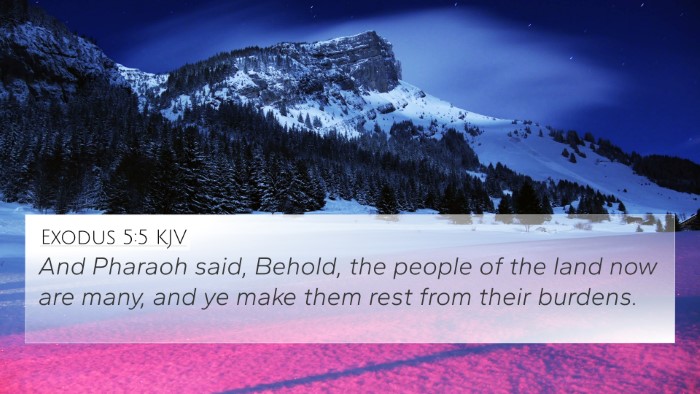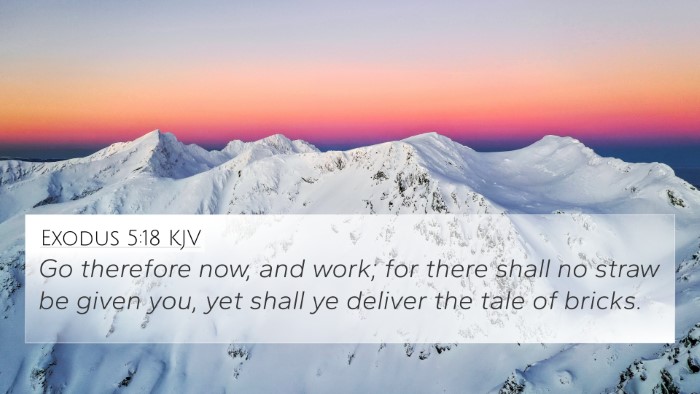Understanding 2 Chronicles 10:11
Bible Verse: 2 Chronicles 10:11 "And now whereas my father did lade you with a heavy yoke, I will put more to your yoke: my father chastised you with whips, but I will chastise you with scorpions."
Verse Meaning Summary
Overview: This verse occurs during Rehoboam's counsel after the death of Solomon, where he addresses the people of Israel who, seeking relief, appeal to him following his father's heavy taxation and labor policies. Rehoboam’s response reveals his understanding of power, authority, and the nature of leadership.
Insights from Public Domain Commentaries
-
Matthew Henry:
Henry notes that Rehoboam's harsh reply reflects a young ruler's ambition to show strength and independence. By promising to increase the burden, he not only amplifies the people’s grievances but also sets a tone of tyranny rather than servanthood.
-
Albert Barnes:
Barnes explains that the term "scorpions" symbolizes far greater punishment than mere whips, indicating a choice to instill a fear-based leadership instead of a compassionate one. This decision could be seen as a miscalculation, pushing the people away rather than uniting them.
-
Adam Clarke:
Clarke emphasizes the implications of Rehoboam's choice, interpreting it as a warning against pride and authoritarian rule. He asserts that the new king’s declaration ultimately sets in motion the division of the kingdom.
Key Themes
- Leadership and Authority: The verse illustrates contrasting styles of leadership. Rehoboam opts for a heavy-handed approach that threatens unity.
- Consequences of Choices: His decision has long-term implications, leading eventually to the division of Israel into northern and southern kingdoms.
- Public Perception: Leadership is also about perception; how leaders are viewed by their subjects can affect loyalty and stability.
Cross-References
This verse connects with several important Biblical texts that underline various aspects of Rehoboam's decision and its ramifications:
- 1 Kings 12:13-14: This passage describes Rehoboam's actual response, paralleling the teachings in Chronicles.
- Proverbs 29:2: Offers insight on how good leaders enhance the well-being of their people, contrasting with Rehoboam's lead.
- Exodus 18:21: Describes wise governance and the importance of servant leadership, which Rehoboam failed to adopt.
- Isaiah 3:4: Foretells the disdain people would have for arrogant and foolish leaders, relevant to Rehoboam’s reign.
- Jeremiah 23:1-2: Discusses the responsibility of leaders to shepherd their flocks, highlighting Rehoboam’s negligence.
- Matthew 20:25-26: Jesus’ teaching on leadership through servanthood contrasts with Rehoboam's tyrannical approach.
- Romans 12:8: Encourages leadership to be exercised with zeal and joy, rather than oppression.
SEO Keywords and Related Searches
Understanding 2 Chronicles 10:11 can involve various related keywords and searches, enhancing the context of Biblical cross-referencing:
- How to find cross-references in the Bible
- Comparative study of Pauline epistles
- Bible cross-references for sermon preparation
- Identifying connections between Old and New Testament
- Links between the Prophets and Apostolic teachings
Conclusion
In conclusion, 2 Chronicles 10:11 presents a crucial moment in Israel’s history that showcases not only Rehoboam's leadership style but the broader implications of choices made by those in authority. The subsequent rejection by the northern tribes marks a definitive turning point, echoing throughout scripture regarding the importance of wise and considerate leadership. By examining cross-references and connecting related scriptures, we gather a deeper understanding of this text in the light of Biblical teachings on governance, authority, and community.



